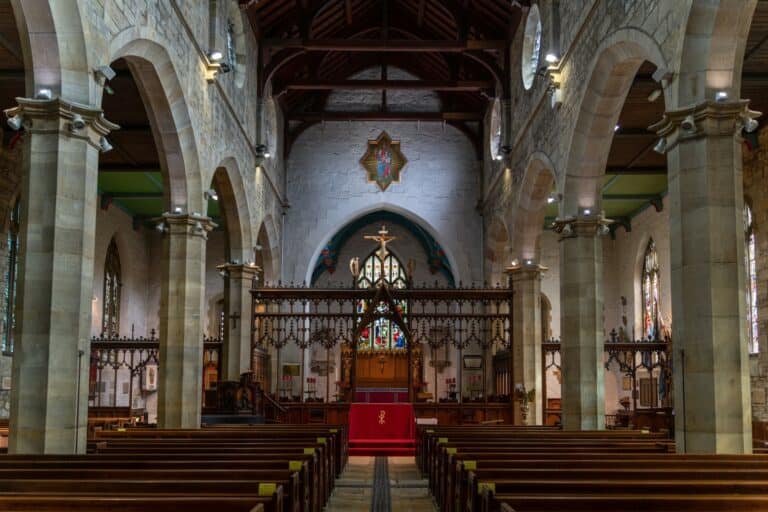Court rules that Church is liable for the acts of its priests
In the judgment handed down last Thursday, the Court of Appeal held that the relationship between a Roman Catholic parish priest and a bishop was sufficiently close in character to that of employee and employer to make it just and fair to hold a diocese vicariously liable for the wrongful acts of one of its priests.
The question for the court was whether the Trustees of the Portsmouth Roman Catholic Diocesan Trust may be responsible for the wrongful acts of Father Baldwin, a parish priest in the diocese who is now deceased. It is said that the claimant JGE was raped many times by Baldwin as a young girl. Back in November 2011 the court ruled in favour of the claimant and this was the Trustees appeal.
It is the claimant’s case that the Trustees entrusted her safekeeping and care to Father Baldwin. More importantly in this case, the claimant also claimed that the alleged sexual abuse and assaults perpetrated by Baldwin were committed in the course of or were closely connected with Father Baldwin’s employment and duties and that therefore the Trustees are liable for the sexual abuse by him and for the injury and damage which the claimant suffered as a result.
The defendant however argued that Father Baldwin was not an employee but rather a holder of an ecclesiastical office under Canon law and as such it was not responsible for his actions.
The court acknowledged that vicarious liability involved two tests; the first stage being consideration of the relationship between the employer and the employee and the second being whether the act was carried out within the scope of the employment.
The court concluded that in this case the relationship was akin to employment because of the close connection between Father Baldwin and the person against whom liability was sought, that is, the Trustees.
This is excellent news for claimants as this case means that the Church has been found legally responsible for sexual abuse of their priests and that the relationship between a Catholic priest and his bishop is akin to an employment relationship. Even better news is that the court also refused the defendant permission to appeal.










